5 Buffett-Owned Dividend Stocks Yielding 3% or More
Warren Buffett isn’t known as a dividend investor, and regular quarterly payouts aren’t one of his preconditions for making an investment in a stock.

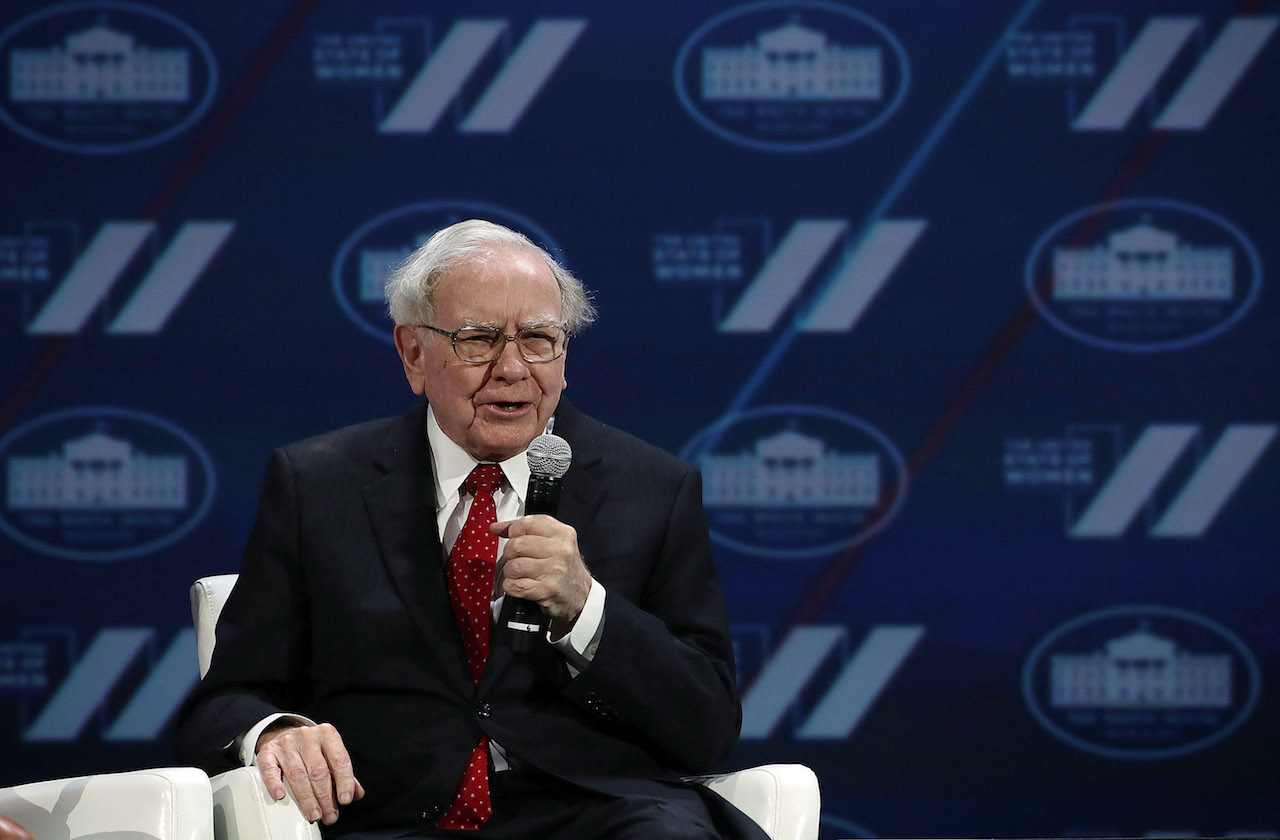
Profit and prosper with the best of Kiplinger's advice on investing, taxes, retirement, personal finance and much more. Delivered daily. Enter your email in the box and click Sign Me Up.
You are now subscribed
Your newsletter sign-up was successful
Want to add more newsletters?

Delivered daily
Kiplinger Today
Profit and prosper with the best of Kiplinger's advice on investing, taxes, retirement, personal finance and much more delivered daily. Smart money moves start here.

Sent five days a week
Kiplinger A Step Ahead
Get practical help to make better financial decisions in your everyday life, from spending to savings on top deals.

Delivered daily
Kiplinger Closing Bell
Get today's biggest financial and investing headlines delivered to your inbox every day the U.S. stock market is open.

Sent twice a week
Kiplinger Adviser Intel
Financial pros across the country share best practices and fresh tactics to preserve and grow your wealth.

Delivered weekly
Kiplinger Tax Tips
Trim your federal and state tax bills with practical tax-planning and tax-cutting strategies.

Sent twice a week
Kiplinger Retirement Tips
Your twice-a-week guide to planning and enjoying a financially secure and richly rewarding retirement

Sent bimonthly.
Kiplinger Adviser Angle
Insights for advisers, wealth managers and other financial professionals.

Sent twice a week
Kiplinger Investing Weekly
Your twice-a-week roundup of promising stocks, funds, companies and industries you should consider, ones you should avoid, and why.

Sent weekly for six weeks
Kiplinger Invest for Retirement
Your step-by-step six-part series on how to invest for retirement, from devising a successful strategy to exactly which investments to choose.
Warren Buffett isn’t known as a dividend investor, and regular quarterly payouts aren’t one of his preconditions for making an investment in a stock. But as chairman of Berkshire Hathaway (BRK.B), Buffett has selected handful of comparatively high-paying dividend stocks for the company’s portfolio.
From old-economy industrial and consumer stocks to high-yield real estate, Berkshire’s dividend holdings don’t follow a pattern. Indeed, of the 46 stocks in Berkshire’s portfolio, only five have dividend yields greater than 3%.
All of these dividend stocks still technically have “The Oracle of Omaha’s” blessing – reason enough for income investors to give them a closer look. But by Buffett’s own estimation, some of them have seen better days. Thus, it’s important to take note not of just Berkshire’s stakes, but the companies’ current situation and Buffett’s more recent thoughts toward his holdings.
Here’s a look at five Buffett-owned dividend stocks yielding 3% or more.
Data is as of Dec. 28, 2017. Dividend yields are calculated by annualizing the most recent quarterly payout and dividing by the share price. Values for Berkshire’s holdings are courtesy of CNBC’s Berkshire Hathaway Portfolio Tracker. Stocks are listed in alphabetical order. Click on ticker-symbol links in each slide for current share prices and more.
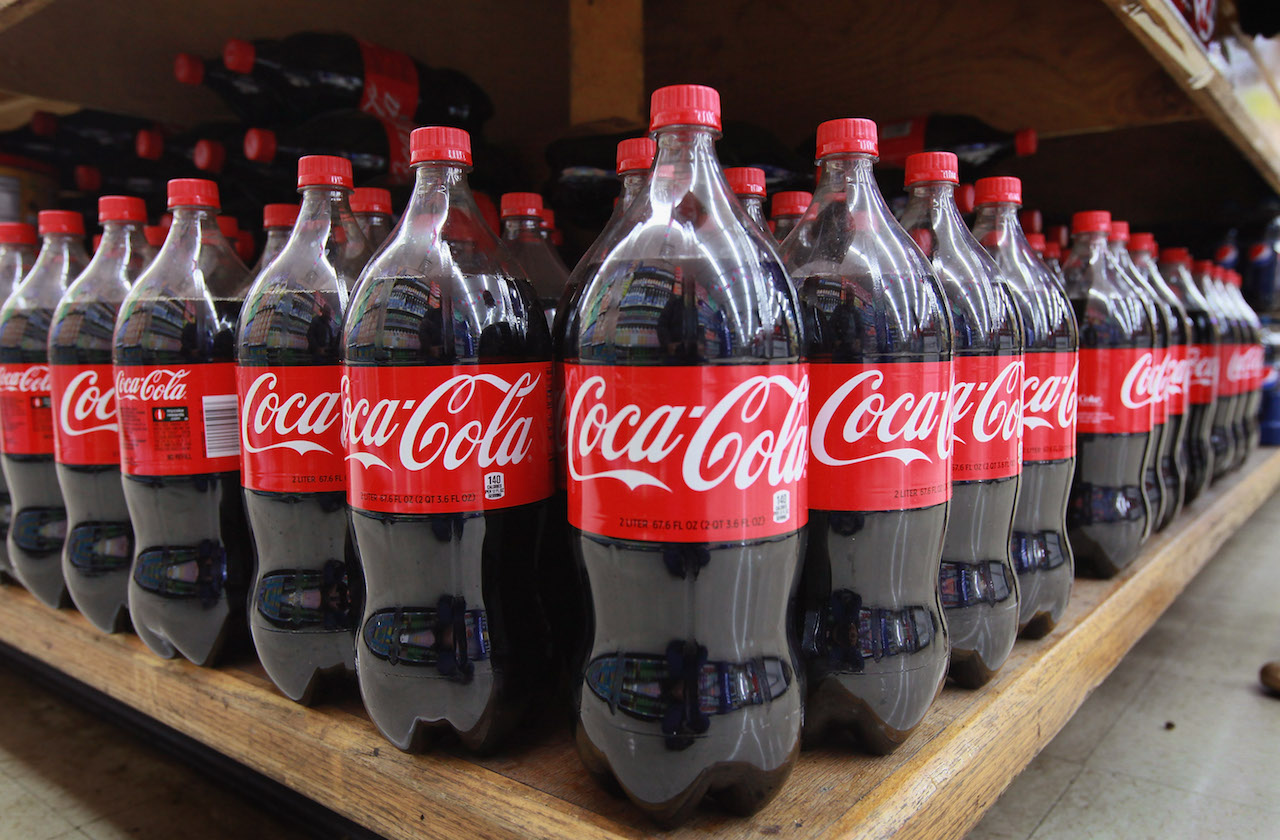
Coca-Cola
- Coca-Cola
- Value of Berkshire’s stake: $18.3 billion
- Dividend yield: 3.2%
- Analysts’ recommendations: 5 strong buy, 0 buy, 10 hold, 0 sell, 0 strong sell
The first thing you need to know about Coca-Cola (KO, $45.72) is that it’s an income investor’s dream. The company has paid a quarterly dividend since 1920, and that payout has increased annually for the past 54 years.
The bear case on Coca-Cola is that the market for carbonated beverages in the U.S. has been shrinking for more than a decade and shows few signs of coming back. But Coke has responded by branching out into tea, bottled water, fruit juice and energy drinks.
Buffett, an unabashed fan of Cherry Coke, started investing in Coca-Cola soon after the stock market crash of 1987. In his 1988 letter to Berkshire shareholders, Buffett said he expected to hold on to the stock “for a long time.”
Three decades later, he has proven true to his word.
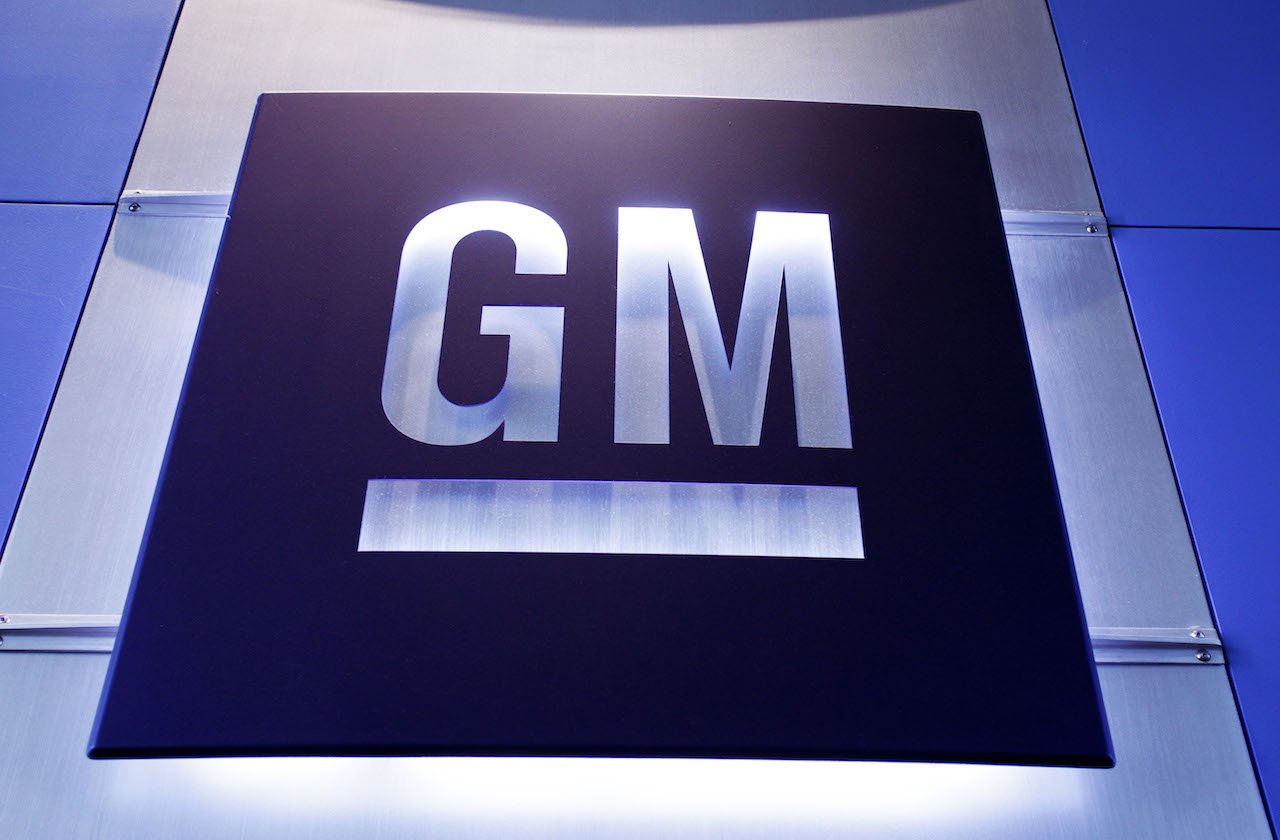
General Motors
- Value of Berkshire’s stake: $2.5 billion
- Dividend yield: 3.6%
- Analysts’ recommendations: 7 strong buy, 1 buy, 8 hold, 0 sell, 0 strong sell
Shares in General Motors (GM, $41.38) are cheap these days, but there are other reasons to like the stock.
GM used to focus on grabbing as much market share as it could, come what may to margins. Now it extols the virtues of “disciplined capital allocation.” In plain English, that means the automaker is reinvesting in the business, and expects its return on invested capital to be at least 20%. It’s also buying back stock and pledged to return all available free cash flow to shareholders. Those are Buffett-friendly moves.
But GM isn’t just working on its accounting. The company expects to be at the forefront of autonomous driving, and estimates a “commercial launch at scale” of driverless vehicles in major cities by 2019.
Crucially, shares are a bargain at current levels. GM stock trades at 7 times expected earnings, according to data from Thomson Reuters. That’s slightly cheaper than its historical average and well below Standard & Poor’s 500-stock index, which changes hands at almost 19 times projected earnings.
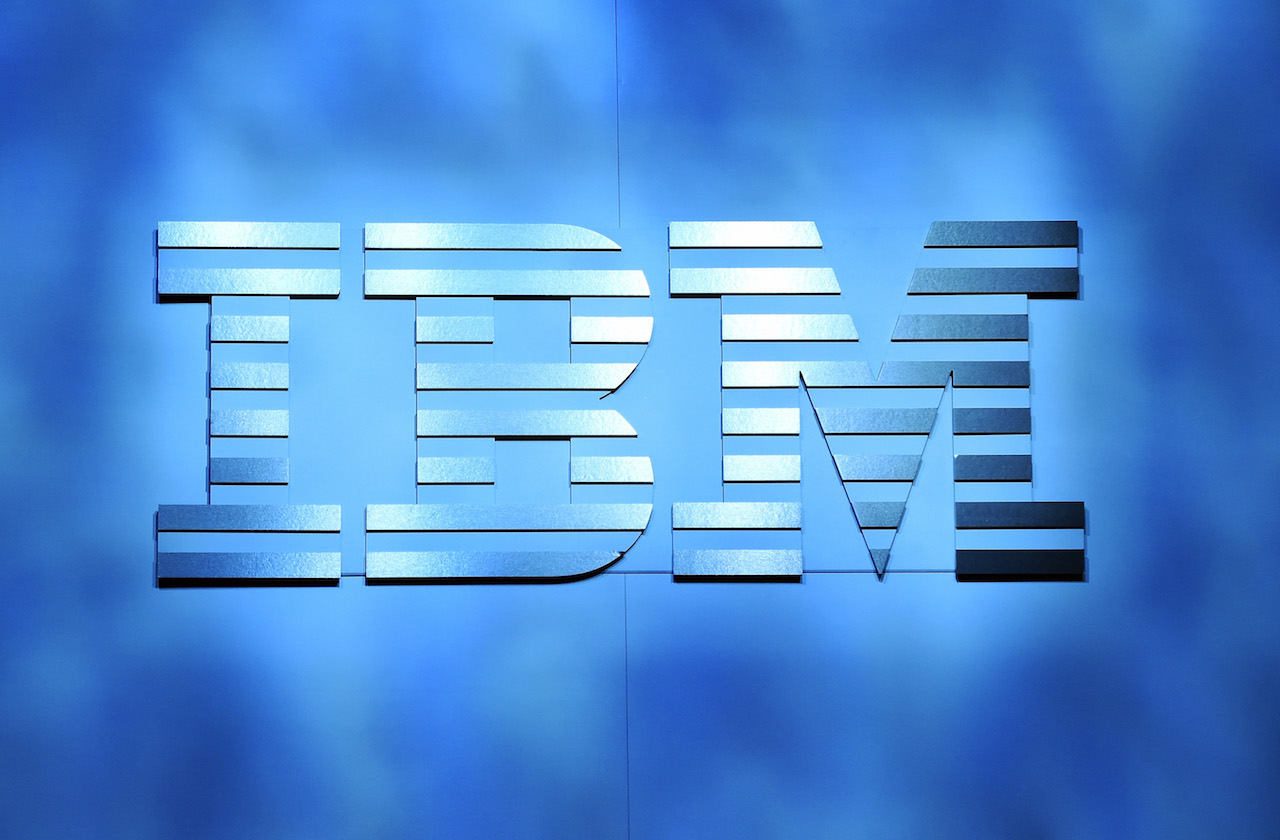
International Business Machines
- Value of Berkshire’s stake: $5.7 billion
- Dividend yield: 3.9%
- Analysts’ recommendations: 4 strong buy, 1 buy, 11 hold, 0 sell, 3 strong sell
Longtime Berkshire watchers were surprised when the company revealed the stake in International Business Machines (IBM, $154.04) in 2011 because Buffett had shown little interest in technology stocks to that point. But after reading IBM’s annual reports for more than 50 years without buying a single share, he was finally swayed by what he saw closer to home.
“We went around to all of our companies to see how their IT departments functioned ... and I just came away with a different view of the position that IBM holds within IT departments and why they hold it and the stickiness and a whole bunch of things,” Buffett said at the time.
But times change. Buffett started selling Berkshire’s position in IBM in 2017 after concluding that betting on its long-awaited reinvention was a mistake.
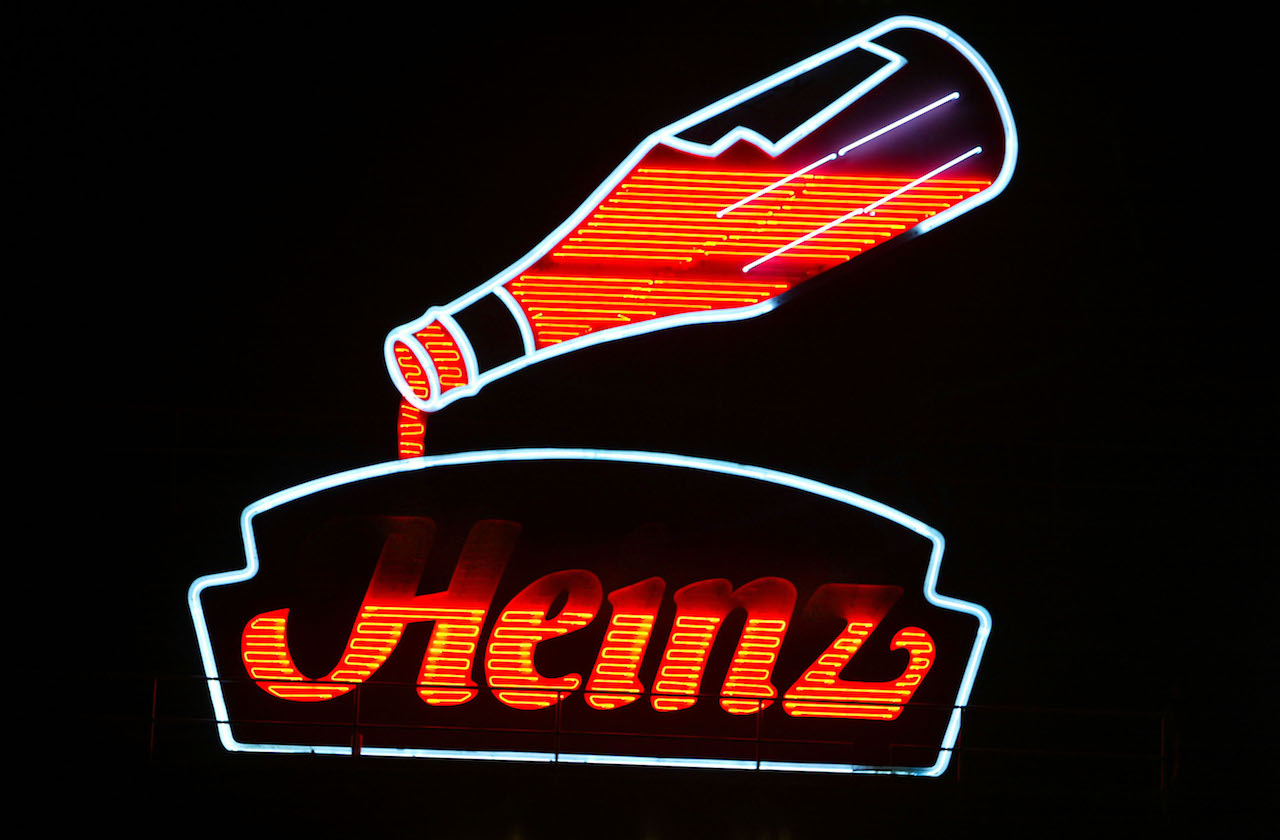
Kraft Heinz Company
- Value of Berkshire’s stake: $25.5 billion
- Dividend yield: 3.2%
- Analysts’ recommendations: 8 strong buy, 1 buy, 4 hold, 0 sell, 0 strong sell
Buffett and private equity firm 3G Capital were the primary movers behind the 2015 deal that saw publicly traded Kraft Foods merge with privately held H.J. Heinz to create Kraft Heinz (KHC, $77.92). Berkshire Hathaway now owns 27% of the company. (The backstory is that 3G took Heinz private in 2013 with Buffett’s help.)
One of Buffett’s criteria for buying companies or making investments in them is that they have “outstanding” management. It’s reassuring that he has lavished praise on 3G, which actually runs Kraft Heinz’s business.
But 2017 hasn’t been kind to KHC shareholders. The stock is down 11% for the year-to-date, vs. a 19% gain for the S&P 500. The issue is changing tastes. “The company is seeing top-line weakness over the past several quarters owing to a shift in consumer preference toward natural and organic ingredients,” say analysts at Zacks Equity Research.
Whether Kraft can bounce back next year very much remains to be seen.
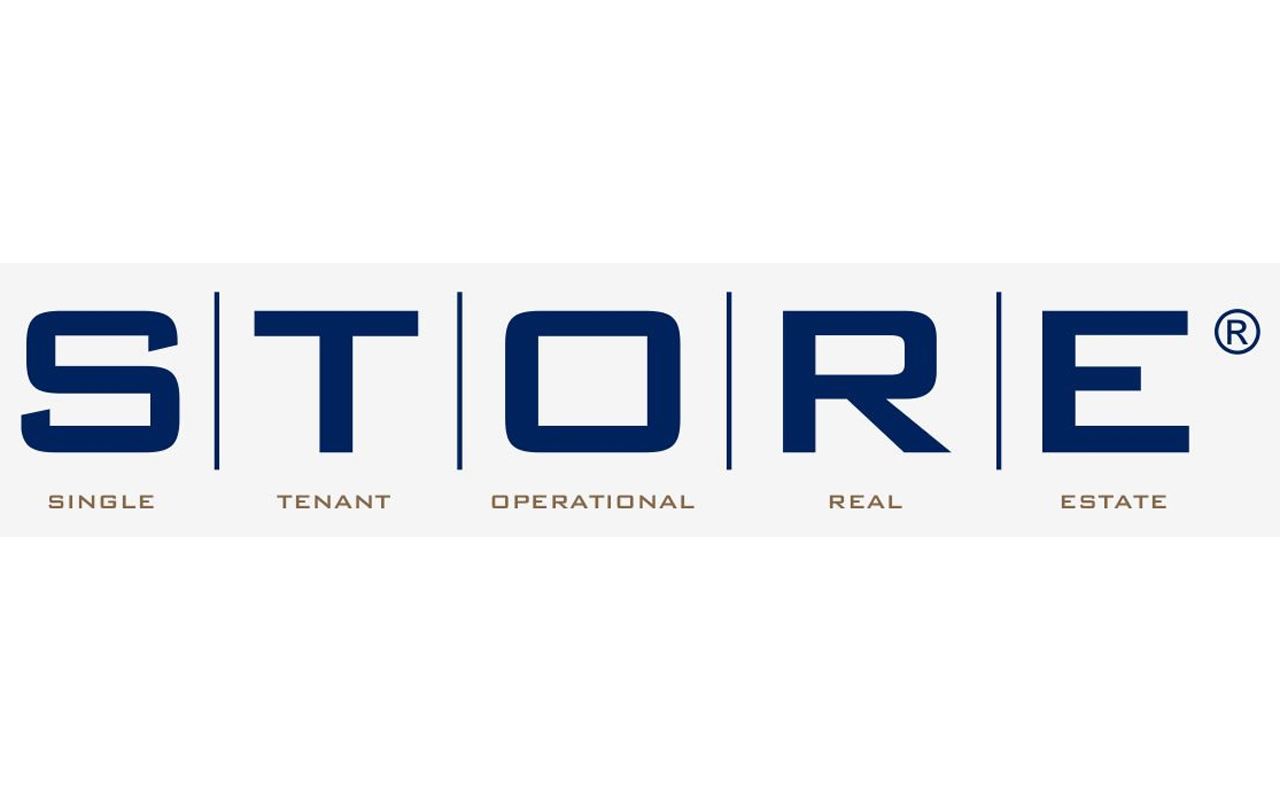
Store Capital Corporation
- Value of Berkshire’s stake: $483.8 million
- Dividend yield: 4.7%
- Analysts’ recommendations: 5 strong buy, 1 buy, 5 hold, 0 sell, 0 strong sell
It was notable when Buffett revealed Berkshire’s position in Store Capital Corporation (STOR, $26.03) in the summer of 2017. Prior to Store, Buffett had never shown much affection for real estate investment trusts (REITs), which are a way to invest in real estate without owning the actual assets.
In Store’s case, it invests in single-tenant properties including chain restaurants, supermarkets, drugstores and other retail, service and distribution facilities. That’s to say, it’s a bet on brick-and-mortar retail, which is thought to be in permanent decline.
Store figures it can sidestep the threat of Amazon.com (AMZN) and e-commerce in general by focusing on “internet-resistant” retailers, such as furniture stores, hobby and craft centers, and hunting, fishing and camping shops. Apparently, Buffett thinks they can pull off the strategy.
In the meantime, Berkshire is rewarded with a high dividend yield near 5% as Buffett waits to find out.
Profit and prosper with the best of Kiplinger's advice on investing, taxes, retirement, personal finance and much more. Delivered daily. Enter your email in the box and click Sign Me Up.

Dan Burrows is Kiplinger's senior investing writer, having joined the publication full time in 2016.
A long-time financial journalist, Dan is a veteran of MarketWatch, CBS MoneyWatch, SmartMoney, InvestorPlace, DailyFinance and other tier 1 national publications. He has written for The Wall Street Journal, Bloomberg and Consumer Reports and his stories have appeared in the New York Daily News, the San Jose Mercury News and Investor's Business Daily, among many other outlets. As a senior writer at AOL's DailyFinance, Dan reported market news from the floor of the New York Stock Exchange.
Once upon a time – before his days as a financial reporter and assistant financial editor at legendary fashion trade paper Women's Wear Daily – Dan worked for Spy magazine, scribbled away at Time Inc. and contributed to Maxim magazine back when lad mags were a thing. He's also written for Esquire magazine's Dubious Achievements Awards.
In his current role at Kiplinger, Dan writes about markets and macroeconomics.
Dan holds a bachelor's degree from Oberlin College and a master's degree from Columbia University.
Disclosure: Dan does not trade individual stocks or securities. He is eternally long the U.S equity market, primarily through tax-advantaged accounts.
-
 Over 65? Here's What the New $6K 'Senior Deduction' Means for Medicare IRMAA Costs
Over 65? Here's What the New $6K 'Senior Deduction' Means for Medicare IRMAA CostsTax Breaks A new deduction for people over age 65 has some thinking about Medicare premiums and MAGI strategy.
-
 U.S. Congress to End Emergency Tax Bill Over $6,000 Senior Deduction and Tip, Overtime Tax Breaks in D.C.
U.S. Congress to End Emergency Tax Bill Over $6,000 Senior Deduction and Tip, Overtime Tax Breaks in D.C.Tax Law Here's how taxpayers can amend their already-filed income tax returns amid a potentially looming legal battle on Capitol Hill.
-
 5 Investing Rules You Can Steal From Millennials
5 Investing Rules You Can Steal From MillennialsMillennials are reshaping the investing landscape. See how the tech-savvy generation is approaching capital markets – and the strategies you can take from them.
-
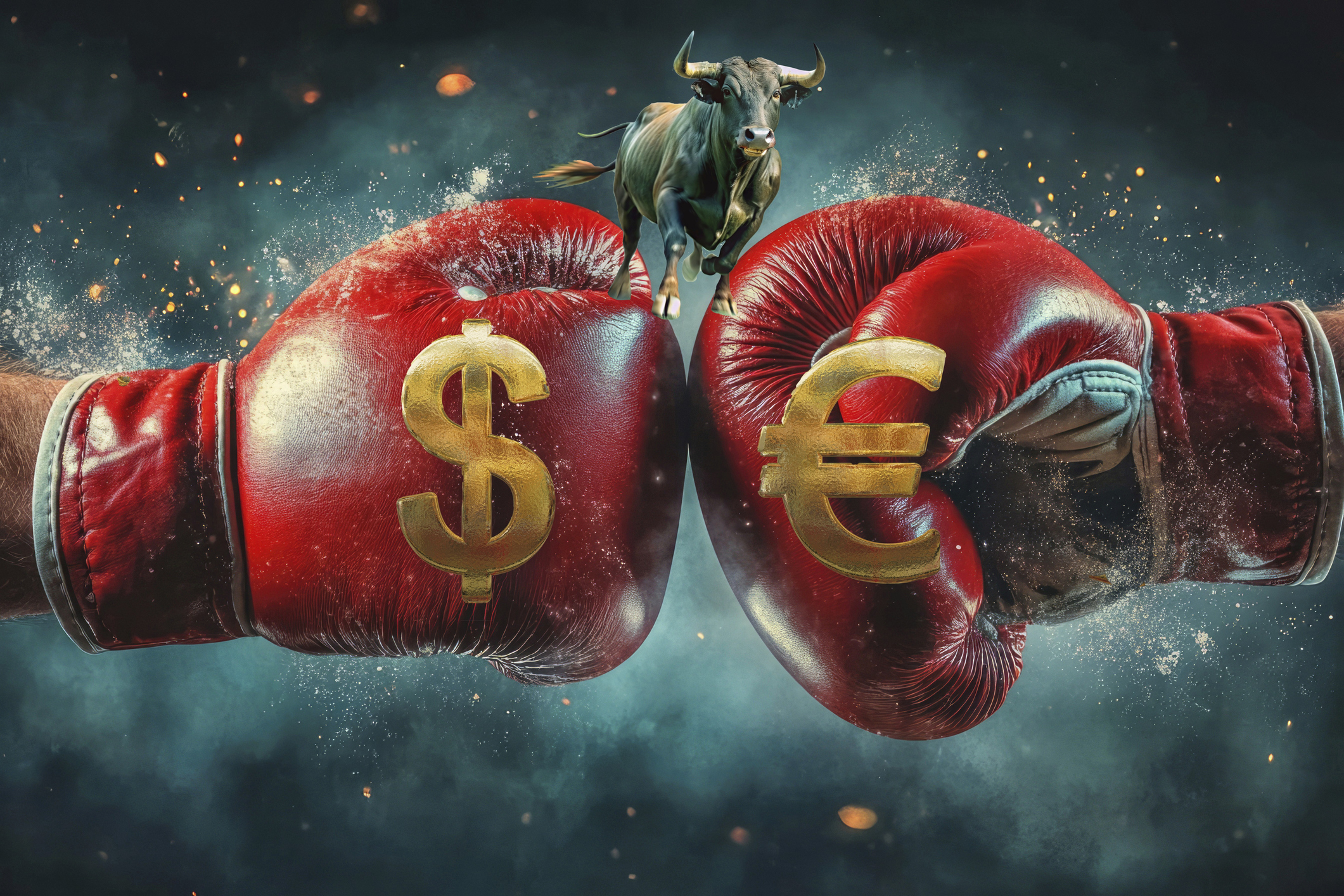 Dow Soars 588 Points as Trump Retreats: Stock Market Today
Dow Soars 588 Points as Trump Retreats: Stock Market TodayAnother up and down day ends on high notes for investors, traders, speculators and Greenland.
-
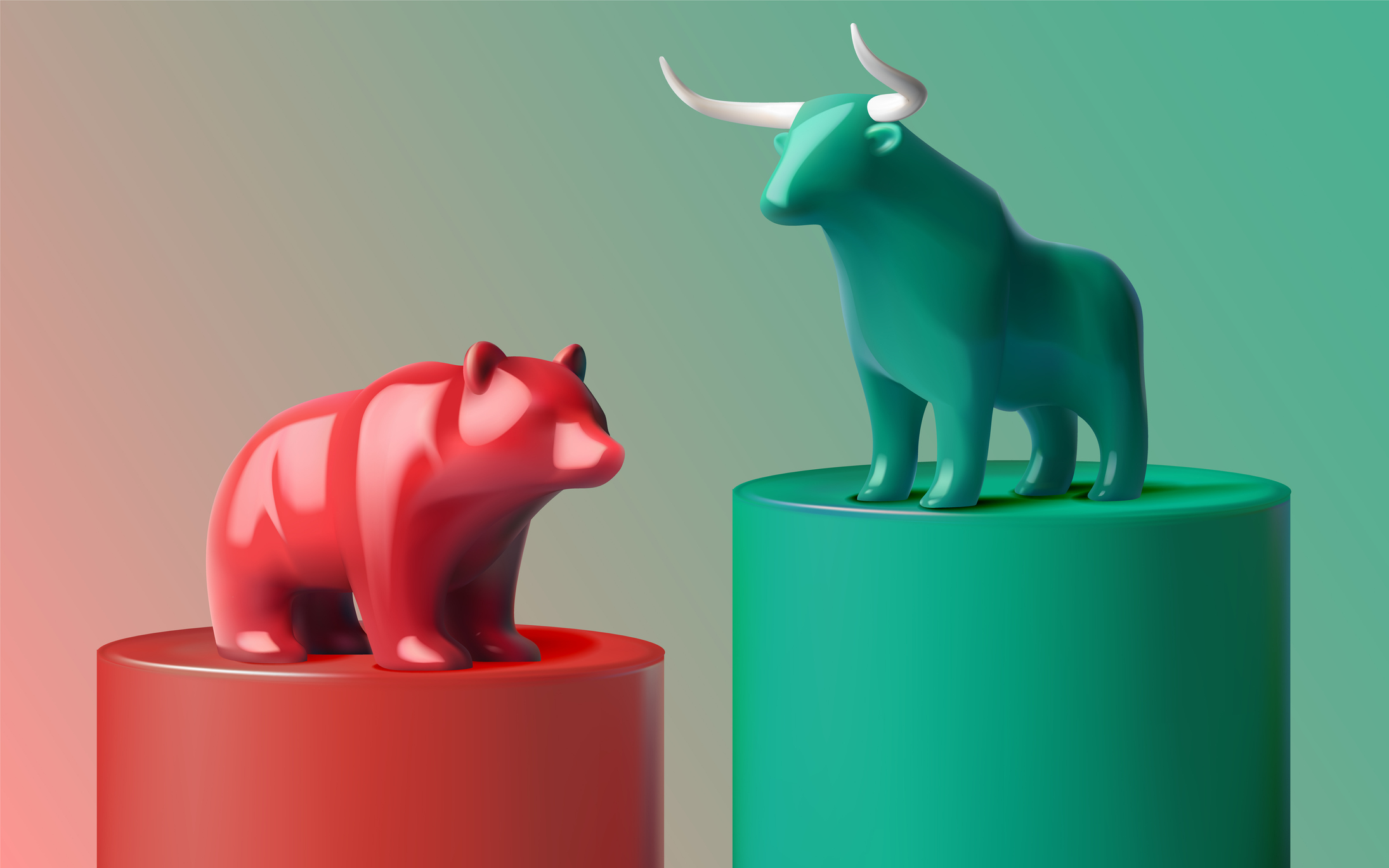 Stocks Struggle for Gains to Start 2026: Stock Market Today
Stocks Struggle for Gains to Start 2026: Stock Market TodayIt's not quite the end of the world as we know it, but Warren Buffett is no longer the CEO of Berkshire Hathaway.
-
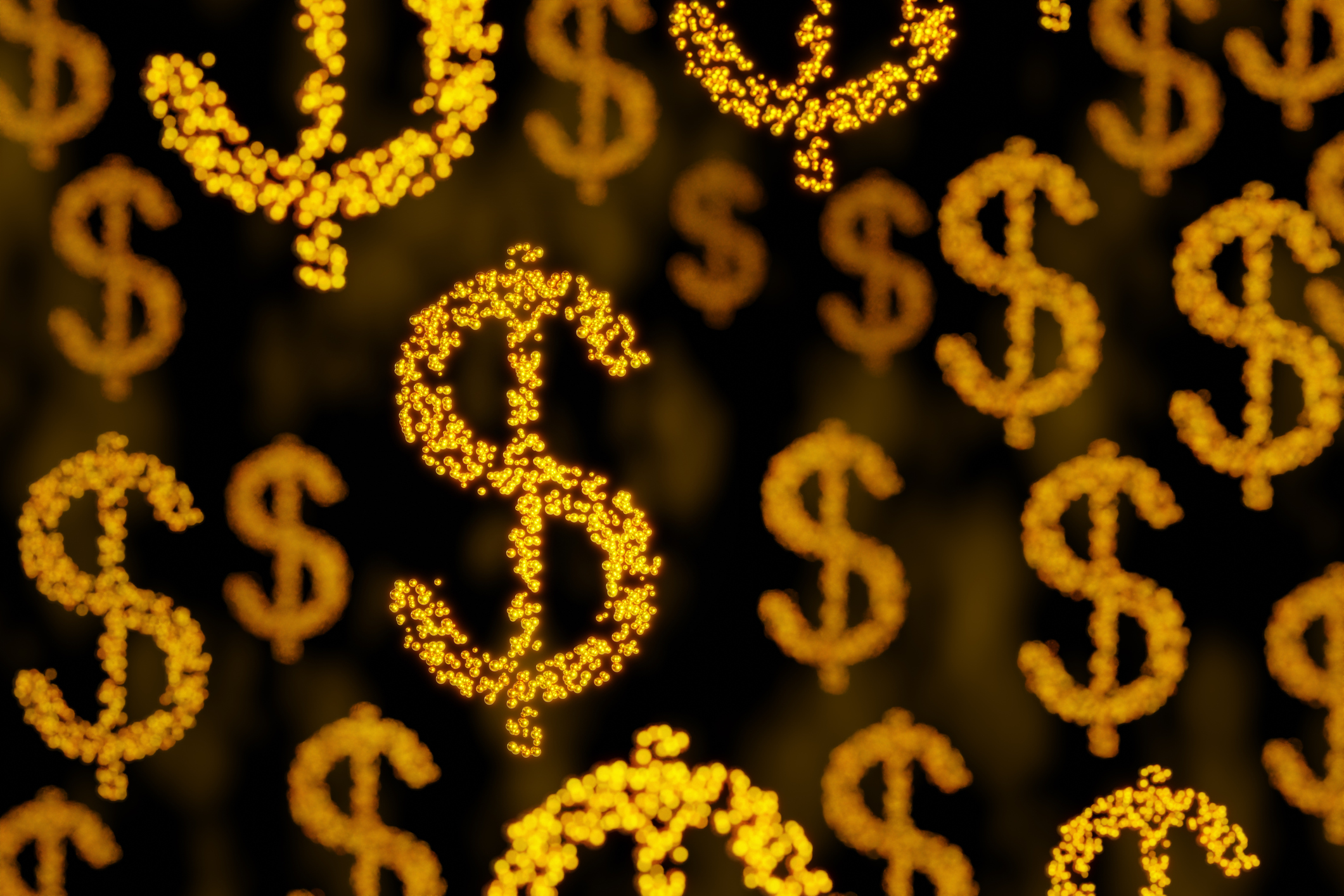 Why I Trust These Trillion-Dollar Stocks
Why I Trust These Trillion-Dollar StocksThe top-heavy nature of the S&P 500 should make any investor nervous, but there's still plenty to like in these trillion-dollar stocks.
-
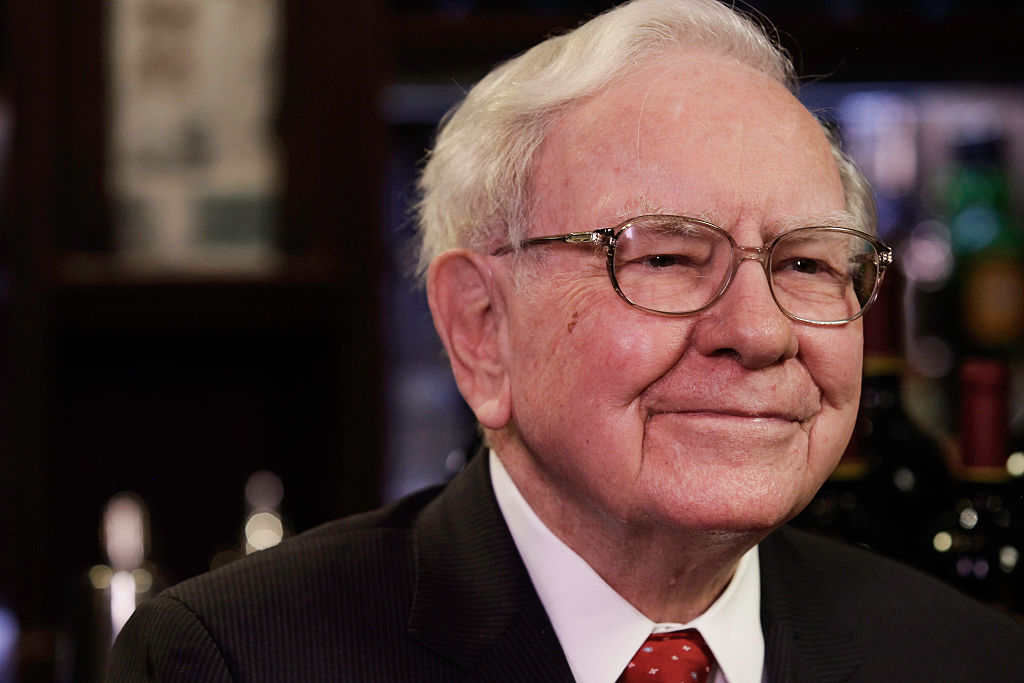 What Made Warren Buffett's Career So Remarkable
What Made Warren Buffett's Career So RemarkableWhat made the ‘Oracle of Omaha’ great, and who could be next as king or queen of investing?
-
 Risk Is On Again, Dow Jumps 381 Points: Stock Market Today
Risk Is On Again, Dow Jumps 381 Points: Stock Market TodayThe stock market started the week strong on signs the government shutdown could soon be over.
-
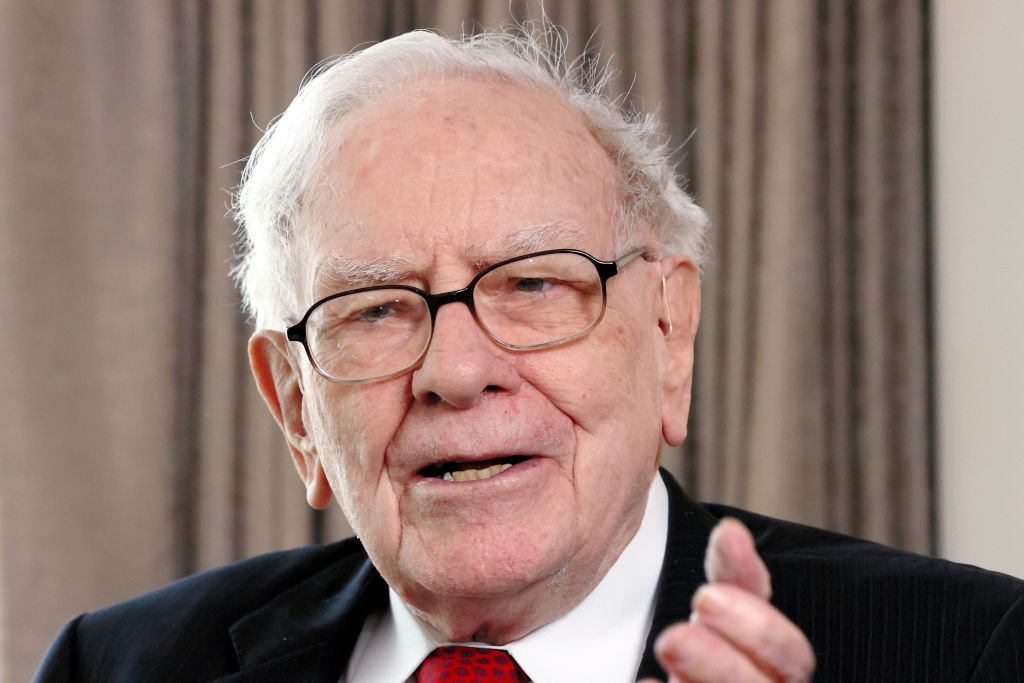 With Buffett Retiring, Should You Invest in a Berkshire Copycat?
With Buffett Retiring, Should You Invest in a Berkshire Copycat?Warren Buffett will step down at the end of this year. Should you explore one of a handful of Berkshire Hathaway clones or copycat funds?
-
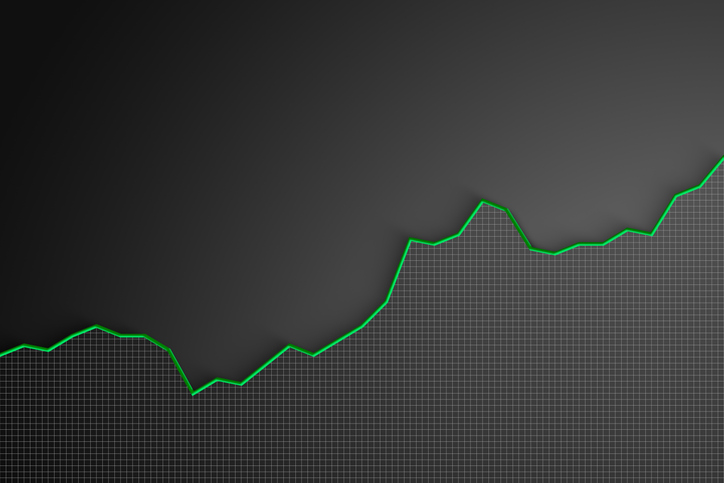 Stocks at New Highs as Shutdown Drags On: Stock Market Today
Stocks at New Highs as Shutdown Drags On: Stock Market TodayThe Nasdaq Composite, S&P 500 and Dow Jones Industrial Average all notched new record closes Thursday as tech stocks gained.
-
 The Most Tax-Friendly States for Investing in 2025 (Hint: There Are Two)
The Most Tax-Friendly States for Investing in 2025 (Hint: There Are Two)State Taxes Living in one of these places could lower your 2025 investment taxes — especially if you invest in real estate.
